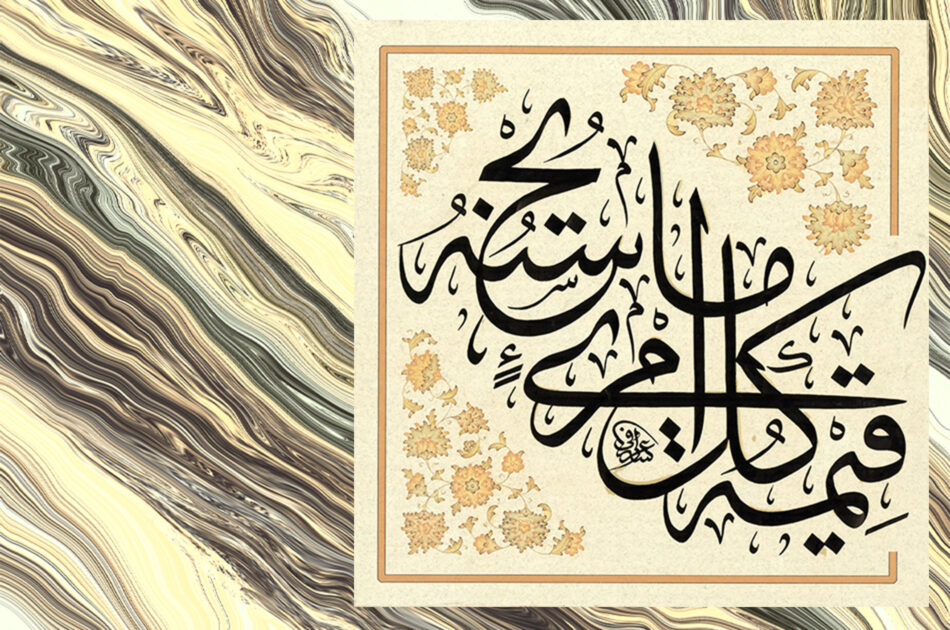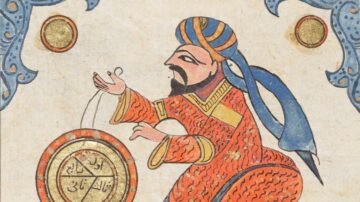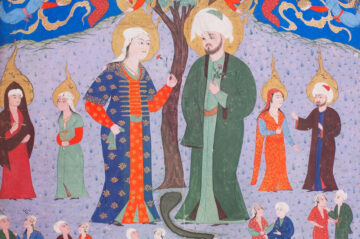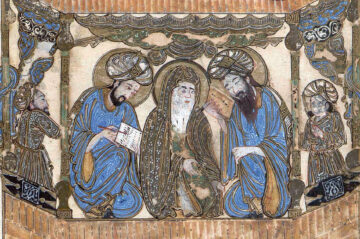
-
Status
Applications Closed -
Date
30 Nov 2023 -
Location
Webinar
Because God is just, He made Islam available to everyone. Its truth is independent of revelation, and its doctrines are free of mysteries. It is a rational religion. But human reason is not reliable. Due to mental incapacity or affective attachments, people make countless errors. Therefore, we cannot base religious belief solely on intellectual arguments.
While it may seem paradoxical to combine trust in rational religion with distrust of human reason, this is exactly what the great littérateur and intellectual provocateur al-Jāḥiẓ (d. 868-9) proposed in his theological writings. He pushed for an inclusive epistemology that broadened the scope of knowledge. For this, he argued that humans can acquire rational knowledge without discursive arguments, through an unconscious process of social exposure. In this, he presented a radical alternative to other Islamic conceptions of rationalism, with immense promise for modern contexts. This alternative was one advanced by a group of understudied Muslim theologians known as the “Epistemists” (aṣḥāb al-maʿārif) whose premier advocate he was.
This talk presents an overview of the intellectual project of al-Jāḥiẓ (d. 868-9) as an introduction to the worldview of the Epistemists, while touching on their rise and fall as a theological trend. It also seeks to situate it in the formative ʿAbbasid moment of Islamic history.
Discussant: Prof. James Montgomery (Sir Thomas Adams’s Professor of Arabic, University of Cambridge)
Speaker

Prof. Hussein Abdulsater
Associate Professor of Arabic and Islamic Studies
Hussein Ali Abdulsater is Associate Professor of Arabic and Islamic Studies at the University of Notre Dame. His research focuses on Islamic intellectual history, particularly the development of theological schools, the formation of sectarian identities and the various modes of rationalism.
Select Publications
“A Jāḥiẓian Contribution to Reason in Islam? Revisiting al-Muḥāsibī’s Māʾiyyat al-ʿaql,” Journal of the American Oriental Society, 142:1 (2022), 1-32.
Shiʿi Doctrines, Muʿtazili Theology: al-Sharīf al-Murtaḍā and the Systematization of Imami Discourse. Edinburgh University Press, 2017.
“Reason, Grace and the Freedom of Conscience: The Period of Investigation in Classical Islamic Theology,” Studia Islamica, 110:2 (2015), 233-262.






